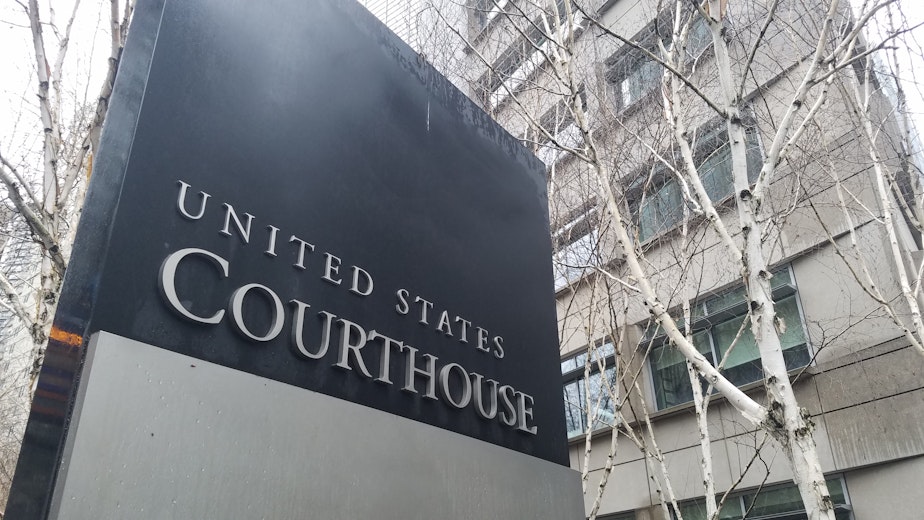Trump's travel ban misses the point, says former U.S. Attorney in Seattle

Making a list of banned countries just doesn't make sense, said John McKay, a former U.S. attorney for Western Washington who was appointed by President George W. Bush. He now teaches law at Seattle University.
McKay was referring to President Donald Trump's travel ban on refugees and people from seven Muslim-majority countries. The ban was placed on hold by a federal judge in Seattle and the 9th Circuit Court of Appeals in San Francisco.
Why those countries? McKay asked. "I cannot see the rationality behind the president's selection of those seven countries."
McKay: "There are countries that are, in my judgment, probably more dangerous: Pakistan is not on the list. It’s unusual to say persons from any country are essentially banned. We tend to identify persons or groups: Al Qaeda for example or Mohamed Atta. To put regional or country bans is unusual for us."
What do you make of the finding, by U.S. Immigration and Customs Enforcement last September, that the U.S. system is vulnerable?
Sponsored
McKay: "It reflects a tension and concern in the government. On the one hand, we want to be a welcoming country to refugees and people who need to find sanctuary in the United States from very troubled parts of the world, and we’ve been a very welcoming country.
"But the other side of it – the part that new creates the tension – is that there are many who want to harm Americans, who want to harm the U.S. – and would do great damage if they could. The memorandum identified some shortcomings in how we allow people into the country."
What could the U.S. be doing that would make the country safer?
McKay: "We want to make sure the databases with people known to be threats to the U.S. are very well-maintained. A lot of work has been done since 9/11 to make that stronger. And then to make sure, as we process people, we’re able to link to those databases.
I don’t know how practical it is to do biometric testing. To have people in Greece or Jordan going through biometric testing before they’d have a chance to escape a war zone to me doesn’t seem entirely practical, but it was worth being raised.
Sponsored
There isn’t a constitutional right for someone outside the U.S. who’s a non-citizen to come to the United States. It is a discretionary process. And we want to weigh the policy of welcoming refugees against the fact that we have people who threaten us and want to harm us.
The most important thing is to establish identity. To the extent we can improve establish of identity of refugees and people who want to enter the country, those are steps that should be taken. I applaud the officials at Homeland Security who are working from that standpoint to make sure we welcome people but we’re careful with who we let in.
This transcript has been edited for length and clarity.

